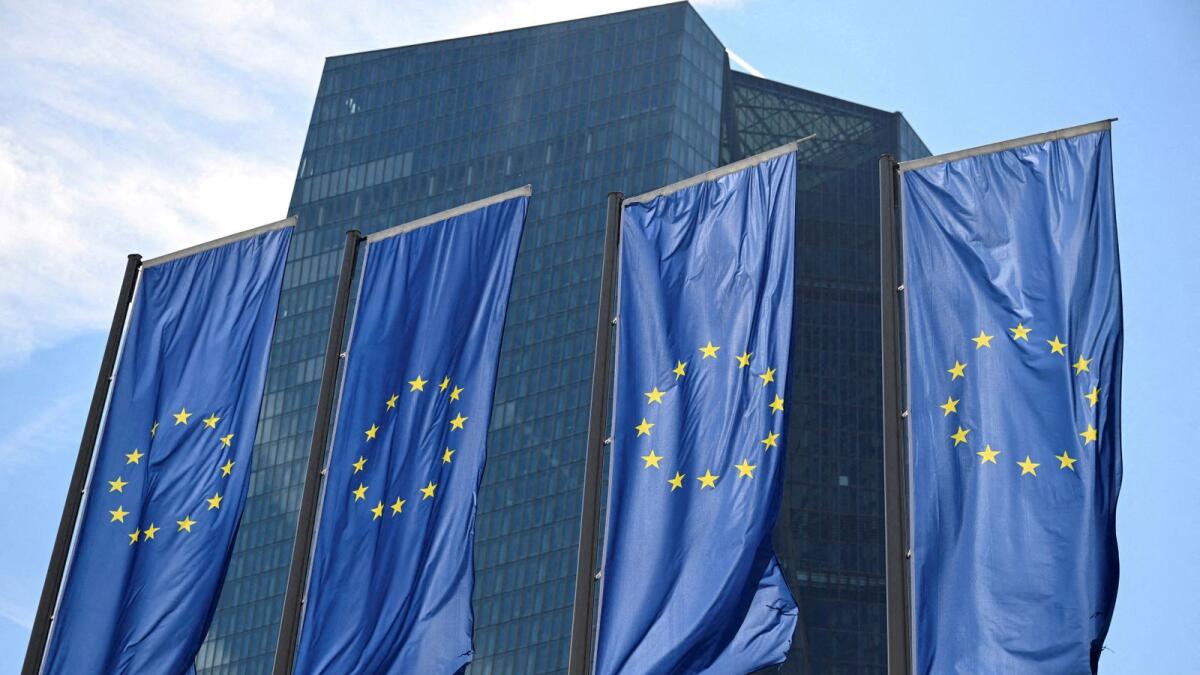The European Central Bank is committed to facilitating cross-border bank mergers in the eurozone, as stated by supervisory chief Claudia Buch. The ECB, as the top supervisor in the eurozone, will play a crucial role in deciding whether Italy’s UniCredit can increase its stake in Germany’s Commerzbank. Buch emphasized the ECB’s support for such deals and stated that the central bank will do everything within its remit to ensure that cross-border integration is not hindered.
UniCredit’s interest in acquiring Commerzbank has drawn criticism from both the bank and Germany’s political establishment, who prefer to keep the lender independent. However, ECB policymaker Martins Kazaks highlighted the importance of viewing such decisions from a European perspective rather than a national one. He stressed the need for Europe to have larger banks that can compete on a global scale, rather than just focusing on national champions that may lack global competitiveness.
Despite concerns from some German political circles, the ECB and its officials, including President Christine Lagarde, have expressed support for bank mergers. The ECB’s approval is required for any such deal, and the central bank sees mergers as a positive development for the eurozone banking sector. Buch’s comments indicate that the ECB is committed to removing obstacles to cross-border activity and fostering a more integrated banking system within the eurozone.
The recent talks between UniCredit and Commerzbank have brought the issue of cross-border bank mergers to the forefront, sparking debates about the future of the banking sector in Europe. Buch’s statement that the ECB will not stand in the way of such mergers signals a shift towards greater consolidation and cooperation among eurozone banks. By supporting these mergers, the ECB aims to create larger, more competitive institutions that can better withstand global competition and economic challenges.
The potential merger between UniCredit and Commerzbank reflects a broader trend towards consolidation in the European banking sector, driven in part by the need for greater efficiency and competitiveness. The ECB’s role in facilitating cross-border mergers underscores the importance of a unified and integrated banking system within the eurozone. By encouraging such mergers, the ECB hopes to create stronger, more resilient banks that can navigate the complexities of the global financial market.
In conclusion, the European Central Bank’s commitment to supporting cross-border bank mergers in the eurozone signals a shift towards greater integration and cooperation within the region’s banking sector. By removing obstacles to such mergers and advocating for a more unified banking system, the ECB aims to create stronger and more competitive institutions that can thrive in the global marketplace. The potential merger between UniCredit and Commerzbank is just one example of this trend towards consolidation, highlighting the need for a more cohesive and robust banking sector in Europe.











